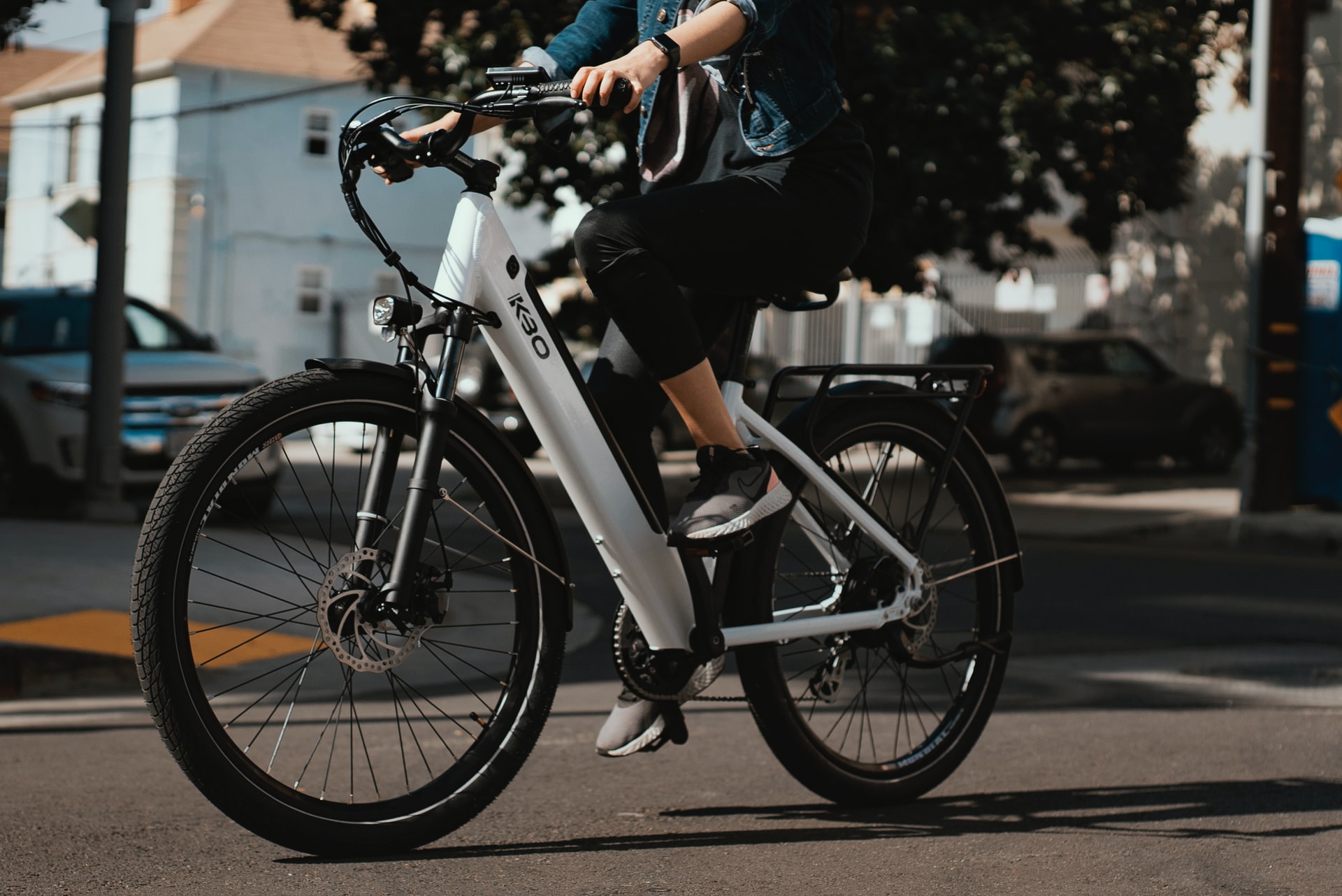Whether electric mountain bikes are worth the extra money compared to traditional mountain bikes is a question many outdoor enthusiasts ask themselves. Electric mountain bikes, also called e-bikes, have a built-in electric motor and battery to give you extra power assistance on the trail. This lets riders tackle more difficult terrain, climb hills faster, and extend range. But purchasing an e-bike costs substantially more upfront compared to a standard mountain bike. This article examines the key pros and cons of electric mountain bikes to help determine if the higher price tag is justified for your needs.
Motor Power for Tougher Trails
One major advantage of electric mountain bikes is the ability to conquer steeper and more technically challenging trails than what most average riders can handle on traditional mountain bikes. The electric motor provides extra torque and power on inclines, helping propel you up rocky, loose, or uneven sections that would otherwise require dismounting and pushing the bike. This makes exploring remote mountain terrain more accessible for a wider range of skill levels.
Many iconic mountain bike trails have notoriously difficult sections that only the most fit and experienced riders have the leg strength and technical finesse to climb without tiring out quickly. The pedal assist function on an e-bike helps regular recreational mountain bikers better enjoy these famous destination trails. More riders can experience the reward of stunning high alpine vistas and downhill runs that follow lung-busting ascents. This allows more people to check popular bucket list trails off their wish list that might otherwise feel out of reach on a traditional mountain bike.
For avid mountain bikers that already ride every weekend, adding an electric mountain bike to the quiver opens up possibilities to venture deeper into wilderness and national forest areas in a single day. The pedal assist motor allows hitting remote trails farther from trailheads while still saving energy for the scenic singletrack descents. Riders don’t get drained during long slogs up forest service roads to access epic backcountry. Range anxiety starts to fade away with an e-bike that can handle both distance and terrain most traditional mountain bikes struggle with over long distances.
Higher Purchase and Maintenance Costs
The biggest potential disadvantage of electric mountain bikes is their substantially higher purchase price compared to traditional mountain bikes. Most quality electric mountain bikes designed to handle true off-road riding cost between $3,000 to $7,500 retail. Only high-end carbon fiber trail bikes from premium brands exceed the low-end of that e-bike price spectrum. You can buy two well-equipped traditional mountain bikes for the same price as most basic electric mountain bike models from known brands.
Not only is the upfront purchase price a serious consideration, but long term repair and maintenance costs also tend to run higher for e-bikes over a standard mountain bike. The added components like the electric motor, control module, wiring harnesses, battery, and charging systems require specialized diagnostic equipment, tools, and expertise to service. General bicycle shops often don’t have the technical experience to properly troubleshoot or repair issues with electric bike systems. Instead, you’ll likely need to visit a specialty e-bike shop for most repair work. Labor rates at these specialty shops are frequently higher per hour than standard bike shops. Poorly serviced or maintained electrical systems and batteries degrade faster, causing unexpected breakdowns on the trail. Replacing worn drivetrain parts and other key components gets expensive once the original factory warranty coverage expires. These higher long term ownership costs mean it takes longer to recoup the initial purchase price through riding than a standard bike.
Batteries also wear out over time with heavy usage and have a finite lifespan of a few years before needing replacement. A new battery pack will cost over $1,000 including professional installation. And that still doesn’t address worn out tires, brakes, chains, cassettes, and other parts directly impacted by mileage. When you add up the higher yearly maintenance costs, upgrades to components with shorter lifespans, and earlier replacement timelines for key parts like batteries, an electric mountain bike takes substantially longer to pay for itself in saved energy and increased range than a traditional bike.
Who is Best Suited for E-Bikes?
Determining whether an electric mountain bike truly justifies the higher initial purchase price and long term ownership costs ultimately comes down to your specific riding style, terrain, fitness level and budget flexibility. Avid cyclists that already ride every weekend and have a flexible budget can benefit from adding an e-bike to reach more challenging terrain. For this niche, having the ability to ride farther and faster offset the pricing premiums. But more casual recreational riders that only mountain bike occasionally would likely not ride frequently enough to warrant the extra expense of battery boost. Beginners also need to consider whether mountain biking is an activity they’ll stick with long term before over-investing in top of the line electric bikes. Novices may be better served developing fundamental off-road riding skills on traditional mountain bikes first.
For older riders or those with physical limitations that have prevented them from participating in technical single track mountain biking, e-bikes can be a game changer. The pedal assist system coupled with proper gearing choices allows conquering climbs that used to seem unthinkable. This demographic of riders may benefit substantially from easier access to beautiful backcountry trail networks through e-bike technology. The health benefits gained from staying active outdoors offsets medical costs over the long run, making the upfront equipment investment more reasonable.
For those with enough income flexibility and vacation time, electric mountain bikes enable a whole new world of adventure and freedom. The electric motor allows tackling steep climbs and technical trails typically only rideable by the most fit athletes. Vistas once unimaginable become reachable. The increased range means more opportunities to explore epic loops deep into national forests and alpine terrain. But stretching the household budget too thin in pursuit of aspirational adventure brings its own set of consequences. Carefully assess all the variables before deciding if paying extra for battery boost provides good value and return on investment given your specific situation. Test rides from local e-bike dealerships allows directly sampling the benefits of different electric models on local trails before purchasing. This can help match expectations to reality before swiping a credit card.
In the end, whether to invest in an electric mountain bike depends greatly on your budget, riding frequency, terrain demands and fitness. For some, going electric may revolutionize their backcountry adventures. But for others, a quality traditional mountain bike paired with building core skills proves more cost effective. Analyze needs first before getting swept up in battery hype and empty promises. An e-bike isn’t necessarily better across the board, but rather a specialty tool for specific situations. Make sure your circumstances align with the higher costs before taking the plunge into electric mountain biking. Spending time on rental e-bikes directly comparing to your current mountain bike also provides greater clarity. Move carefully towards this big purchase decision rather than hastily jumping aboard the e-bike bandwagon without proper due diligence first.





